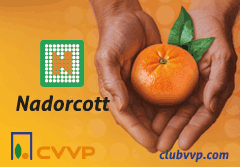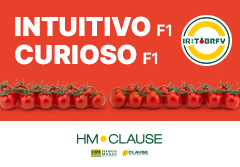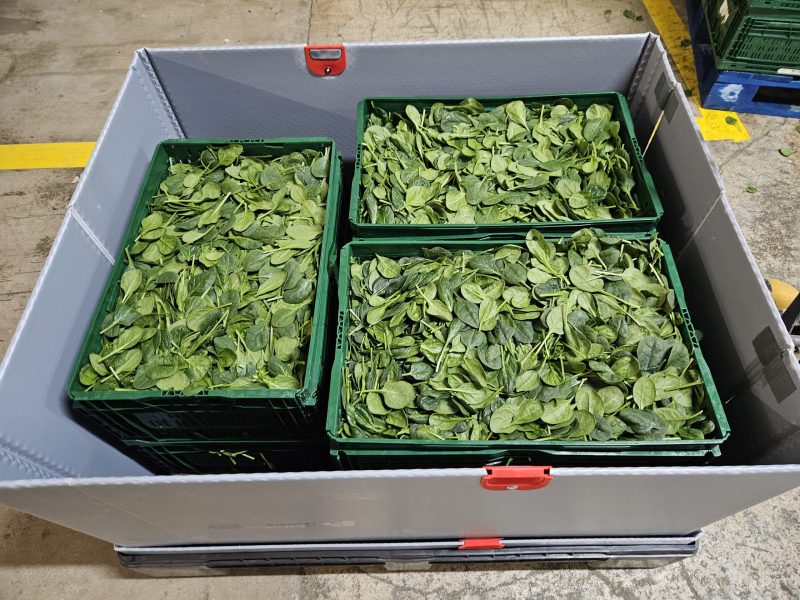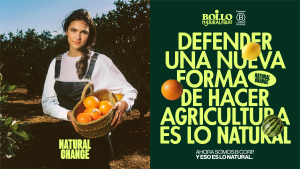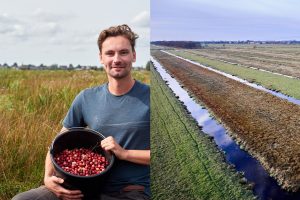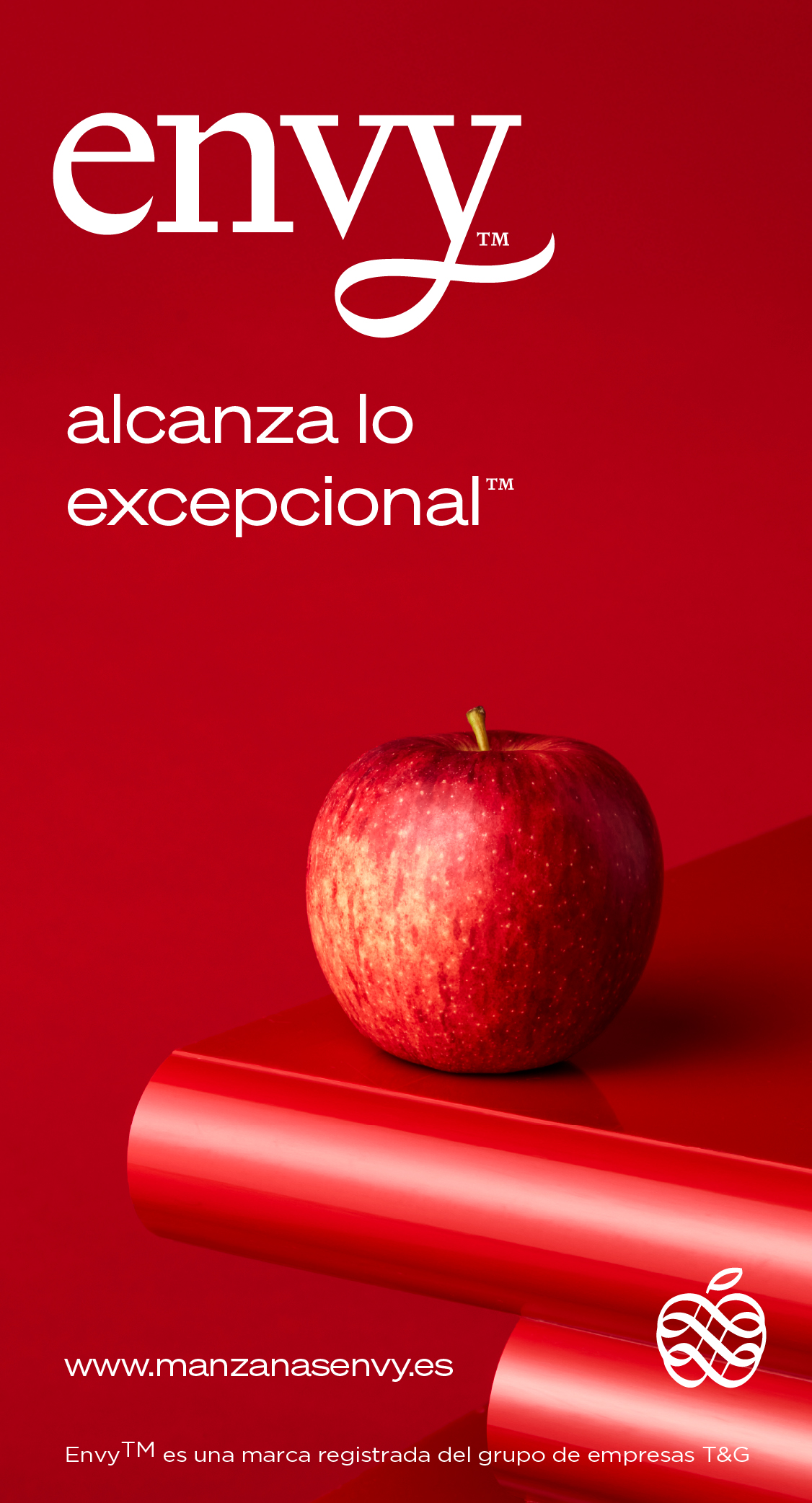The fight against food loss and waste has become one of the cornerstones of the European Union’s policy and its member states. This concern aligns closely with the good agricultural practices implemented by farmers and producers within PROEXPORT, one of the reasons why the association decided to join SISTERS, a European project aimed at reducing Food Loss and Waste (FLW) throughout the entire supply chain by offering innovative solutions at every stage.
“According to the Food Waste Prevention Law Proposal (Congress of Deputies, December 2024), just over 70% of produced food is actually consumed. Increasing efficiency could significantly reduce CO₂ emissions associated with food production, transportation, storage, distribution, and consumption. Although the largest percentage of food losses occurs at the consumer level (households and food services), accounting for 55% of total waste, proactive measures across the supply chain are crucial,” explains Abelardo Hernández, project manager at PROEXPORT and technical director of the association.
BULKBOX
In the transport sector, SISTERS proposes the BulkBox, a semi-hermetic container that regulates air exchange with the exterior and includes sensors to monitor temperature, humidity, CO₂, and O₂ levels inside the container. These readings are sent to the cloud, allowing real-time access to data on food conditions.
According to Hernández, “The BulkBox passively creates a modified atmosphere, with a slight increase in CO₂ and, most importantly, higher relative humidity. This adjustment helps reduce dehydration in leafy greens like spinach, although it could promote fungal growth in other products like strawberries. We have obtained positive results in long-distance shipments. However, for standard transport (2-4 days), the benefits may not justify the additional costs of the system.”
STOREBOX
Another innovation from SISTERS is StoreBox, a retail distribution solution that functions similarly to the BulkBox. It incorporates real-time monitoring sensors for temperature, humidity, CO₂, and O₂ levels, allowing retailers to predict quality fluctuations and intervene when necessary.
“PROEXPORT’s role in the project is to provide the perspective of agricultural producers, bridging the gap between industry realities and the proposed solutions while testing these innovations in real working conditions. Although the association is officially involved in the project, the trials are conducted by its member producers,” Hernández explains.
RELATED NEWS: Proexport promotes ‘made in Spain’ fruits & vegetables in Berlin
BulkBox trials were conducted at Verdimed and Agrar Systems, while StoreBox tests were carried out at Looije. Additionally, crop residue shipments for biomolecule extraction were executed by Soltir and Campo de Lorca. According to Hernández, “These biomolecules will be used to create new compostable packaging materials that help preserve food quality.”
Customized preservation for fresh produce
Fruits and vegetables are highly perishable, with short shelf lives, making their preservation a major challenge. Moreover, due to the wide variety of products and their specific requirements, preservation conditions must be almost customized. Combined with the necessity of maintaining the cold chain, logistics become even more complex.
“Our main tool for preserving fruits and vegetables is cold storage. We have made significant efforts to extend the cold chain across all production phases, preventing disruptions. This includes the widespread use of vacuum cooling, state-of-the-art refrigeration facilities, forced-air precooling, and humidity control systems. Each system is tailored to specific produce, ensuring optimal storage conditions, but this specialization also presents logistical challenges,” states the technical director of PROEXPORT.
For years, Producers’ Organizations for Fruits and Vegetables (OPFHs) have been working to optimize crop utilization, exploring alternatives to fresh consumption, such as freezing and canning, improving handling and packaging systems, and enhancing the cold chain. Now, they have SISTERS innovations, such as the BulkBox, to further reduce food losses across different supply chain stages. However, tackling food waste requires collaborative efforts, as distribution losses average 5%, while household waste accounts for 40%. Only joint intervention across all levels will yield meaningful progress.











